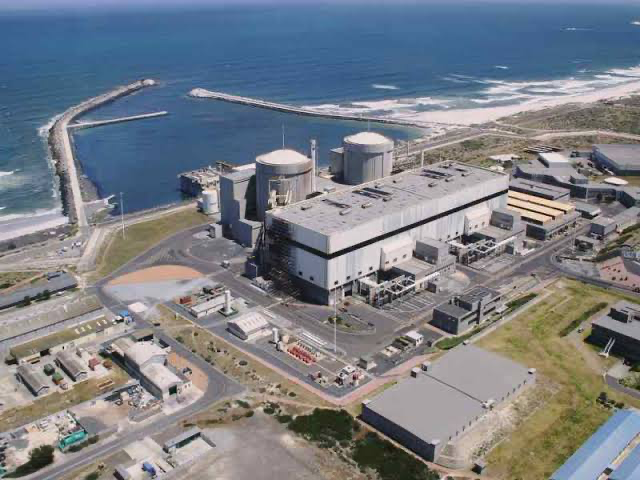South Africa’s energy future took a pivotal turn as the National Nuclear Regulator (NNR) approved a significant 20-year extension for Koeberg Nuclear Power Station’s Unit 1, ensuring its operation until July 2044. This decision, crucial for the country’s energy stability, comes just days before the current license was set to expire.
Located near Cape Town, Koeberg is the cornerstone of South Africa’s nuclear energy infrastructure. The extension allows for continuous operation without the impending shutdown that was scheduled for July 21, 2024. However, the fate of Unit 2 remains uncertain, with a decision deferred until late 2025 due to ongoing safety assessments.
The process leading to this extension involved extensive evaluations and public consultations, reflecting the NNR’s commitment to safety and transparency. Ditebogo Kgomo, CEO of the NNR, emphasized that the approval aligns with both national laws and international safety standards, highlighting that public hearings played a vital role in addressing community concerns about health, safety, and environmental impacts.
Eskom, South Africa’s primary electricity supplier, initially requested the separation of the licenses for Units 1 and 2 in 2021 to address their different operational timelines. Unit 1 started generating power in July 1984, and Unit 2 followed in November 1985. This strategic separation allowed Eskom to manage each unit’s operational needs more effectively, tailoring maintenance and safety measures to the specific challenges and lifecycle of each reactor.
The extension for Unit 1 did not come with new conditions, enabling a smooth transition without the disruption of a shutdown. This decision emphasizes the regulator’s confidence in the ongoing safety measures and the aging management programs that Eskom has implemented. Unit 2’s journey contrasts sharply with that of Unit 1, as it undergoes an extended shutdown for critical maintenance, including the replacement of its steam generators. These upgrades are essential for any future extension of its operational life, which remains under scrutiny until further assessments are completed.
The NNR’s technical review of Eskom’s Long Term Operation (LTO) application was thorough, ensuring compliance with strict regulatory requirements. This review covered several crucial areas, such as safety case submissions, effectiveness of aging management programs, and periodic safety reviews, all of which are important for the extended operation of nuclear facilities.
Despite concerns about structural integrity, such as cracks in the containment buildings, the NNR concluded that there is no immediate need for shutdown beyond the planned maintenance schedules. This decision is a testament to the efficiency of the existing safety protocols and the effectiveness of ongoing monitoring and repair programs.
The regulatory board’s decision not to require the installation of a core catcher—a safety device used in some international nuclear extensions—was based on a comprehensive analysis that compared global standards and practices. This decision aligns with international trends and reflects an agreed understanding of the specific technologies and safety measures appropriate for Koeberg.
Looking ahead, Eskom confirmed that Unit 1 would continue to operate seamlessly until its next scheduled refueling and maintenance outage in January 2025. As for Unit 2, once the current upgrades are completed, it will resume operations, with the NNR set to make a final decision on its future before its current license expires in November 2025.



